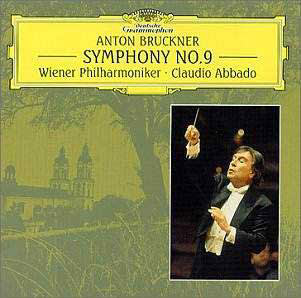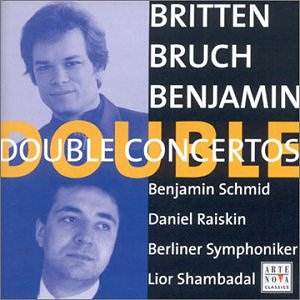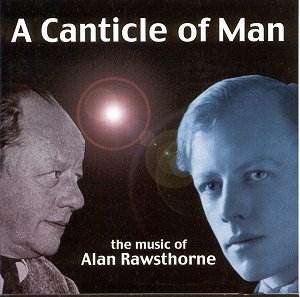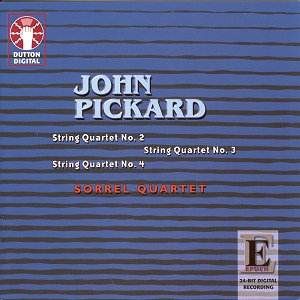 Composer: Elie Siegmeister
Composer: Elie Siegmeister
Works: Prelude, Blues and Finale (1984); City Songs (1977); Theme and Variations for solo piano (1932); Songs of Innocence (1972 rev., 1985)
Performers: American Chamber Ensemble; Stanley Drucker, clarinet; Clinton Ingram, tenor; Alan Mandel, piano; Elizabeth Kirkpatrick, soprano
Recording: Studio recording, reissued from Gasparo LP GS-253 in 1999
Label: GASPARO GSS 2008
Elie Siegmeister, an underappreciated figure in the American classical music landscape, occupies a unique position as a composer whose work defies simple categorization within the American idiom. The present recording showcases a selection of his compositions, revealing a voice that, while grounded in the teachings of notable figures such as Nadia Boulanger, diverges significantly from the more familiar American soundscapes associated with Copland or Bernstein. This CD serves as an essential survey of Siegmeister’s oeuvre, encapsulating both his artistic ambitions and his somewhat elusive identity within the broader context of 20th-century music.
The recording opens with the “Prelude, Blues and Finale,” a work that, for all its contemporary influences, notably exhibits a pronounced chromatic modality. The piece begins with an arresting solo clarinet line that evokes the stark, fragmented textures reminiscent of Edgard Varèse. As the piano enters, the textures become denser, characterized by violent cluster chords that create a striking disjunction. The second movement, labeled “Blues,” is less a sincere homage to the genre than an inflected gesture toward its tropes, marked by languorous rhythms that feel somewhat unconvincing in their attempt to capture the essence of the blues. The finale, however, showcases a lively interplay between the clarinets and piano, revealing the technical prowess of both Drucker and Mandel, with the latter’s virtuosic playing shining through in moments of intricate counterpoint. This piece stands out not only for its structural integrity but also for the performers’ ability to navigate its demands with aplomb.
Siegmeister’s “Theme and Variations for solo piano,” composed when the composer was only 23, reveals an impressive confidence and an arresting dissonance that is more akin to Prokofiev than Copland. The work is a testament to Siegmeister’s early establishment of a musical language that he would carry throughout his career. Alan Mandel’s interpretation is compelling, highlighting the work’s angular melodic lines and complex harmonic structures. The precision with which Mandel articulates the variations underscores the piece’s emotional depth, though the dissonant nature of the music remains unabated, pushing the boundaries of conventional tonal expectations.
In stark contrast, “Songs of Innocence” attempts to capture the simplicity of William Blake’s poetry but ultimately falters. The harmonic language remains too angular, and the melodic lines often lack the lyrical fluidity necessary to convey the text’s innate charm. The performers—Kirkpatrick and Mandel—execute their parts with commendable skill, yet the insensitivity of the settings leads to a disconnection between music and poetry. The second song, “Clouds,” provides a momentary lift with an appropriately delicate accompaniment, but the vocal line lacks defining characteristics, rendering the overall effect less impactful than one might hope for in a setting of Blake.
The sound quality of this recording is commendable, with clear engineering that allows each instrument to resonate distinctly within the ensemble. The balance between the clarinets and piano in the “Prelude, Blues and Finale” is well-maintained, ensuring that the intricate counterpoint and textured harmonies are accurately represented. However, the more delicate interactions in “Songs of Innocence” could benefit from a more nuanced mix to enhance the vocal line’s prominence against the piano.
Elie Siegmeister’s music, as presented in this recording, is a study in contrasts. While the “Prelude, Blues and Finale” and “Theme and Variations” impress with their structural coherence and engaging performances, the lighter works struggle to find their footing, ultimately reflecting the complexities of the composer’s artistic vision. Despite some shortcomings, this CD is a valuable artifact for those interested in exploring the lesser-known corners of American classical music, illuminating a composer whose work merits greater attention and appreciation.



